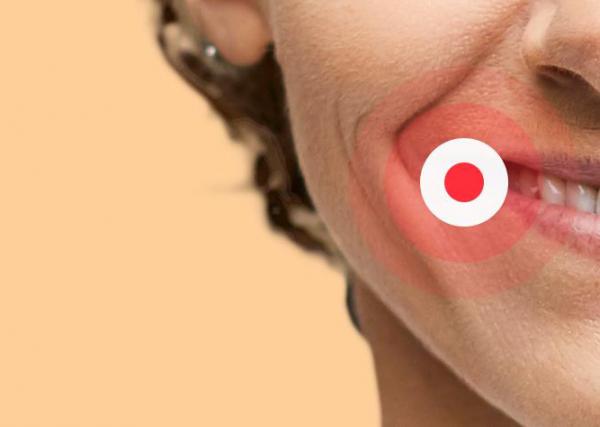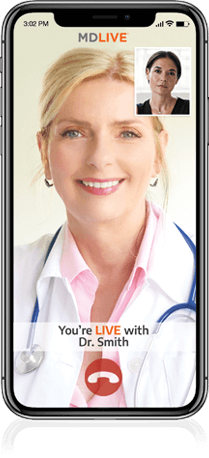
Avoiding the wormhole: What to know about searching your symptoms online
When a strange ache, a scary cough, or a curious rash pops up, you quickly reach for your phone to find the root cause. Next thing you know, you've bounced from website to website and diagnosed yourself with the help of Dr. Google. Or, maybe while scrolling through social media, a video catches your eye with an influencer describing a symptom, and you think, "Oh, I have that!" But before you jump to conclusions, there are a few things you should consider.
-
Fact or fiction: While online searches can occasionally provide clarity, they more often lead to a wormhole of information that can be confusing, contradictory, and even outright false. Not all health information found online is accurate or trustworthy.
- Misdiagnosis mistakes: You may also misdiagnose and mistakenly self-treat something you don't have. Without a comprehensive understanding of medical conditions, it's easy to misinterpret information found online.
- Delayed response: If your searches make you think you have a less serious condition, it may also delay treatment – leading to potential complications if you have a serious condition.
The anxiety spiral: You may find yourself down a rabbit hole – spending hours searching and causing significant health anxiety. Specifically, searching online can be a cause of cyberchondria, which is a subset of health anxiety related to online searching.
Spotting the symptoms
Here's what to look out for that may indicate you're experiencing cyberchondria2 ,3 :
- Excessive time, often at least 1-3 hours or more, searching your health symptoms online.
- Rechecking symptoms and sources multiple times despite having completed a thorough search.
- Continued searching causes more distress and anxiety rather than eases concerns about your symptoms.
- Searching for your symptoms has gotten in the way of your everyday tasks.
- Fixation on a particular serious disease or condition without any evidence you have it.
- Heightened distress, even after a doctor's reassurance.
How people look for help with their symptoms:
When they’re searching:
Why they go online:
The pitfalls of searching your symptoms online:
Posted date: November 07, 2023



